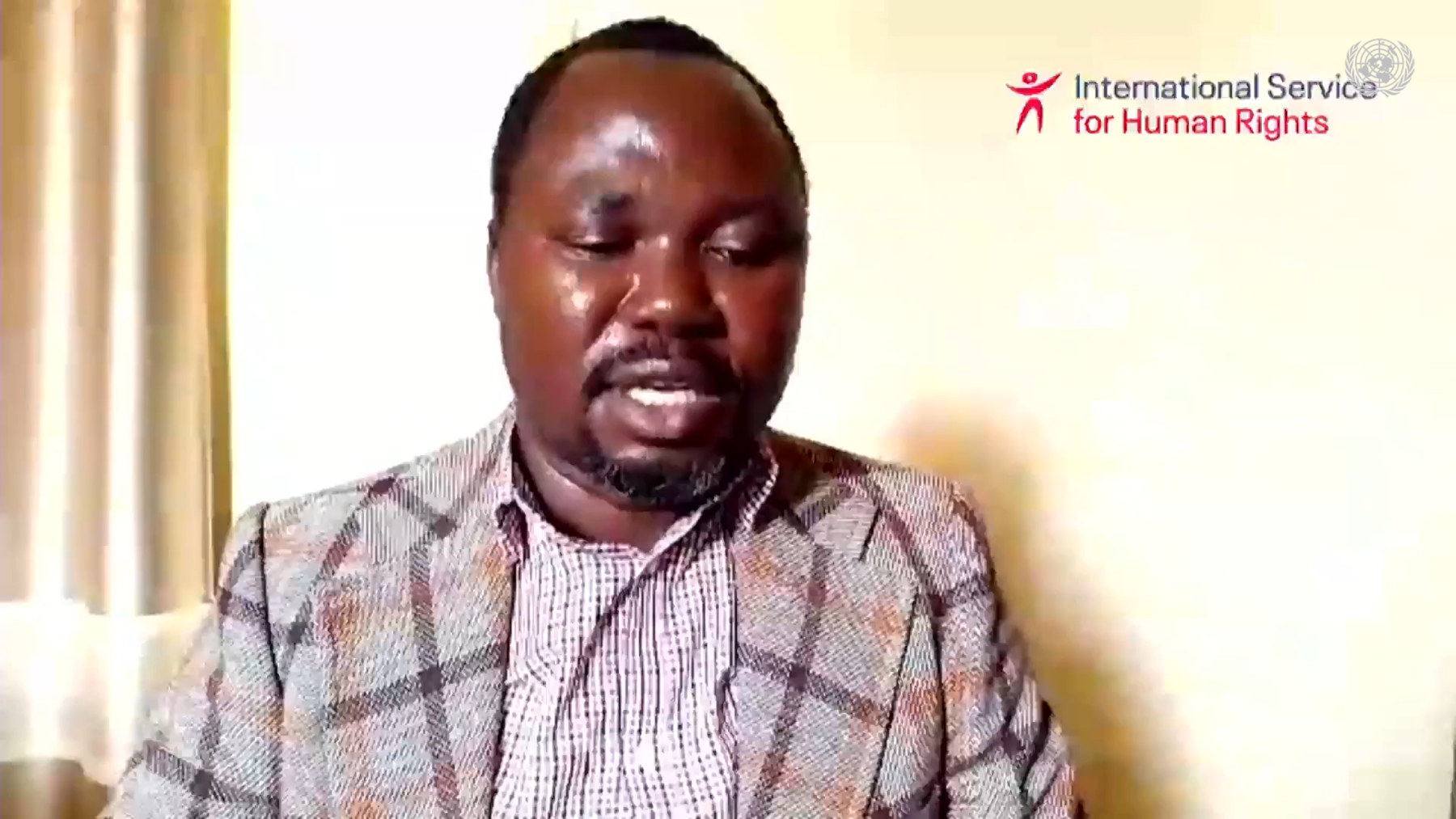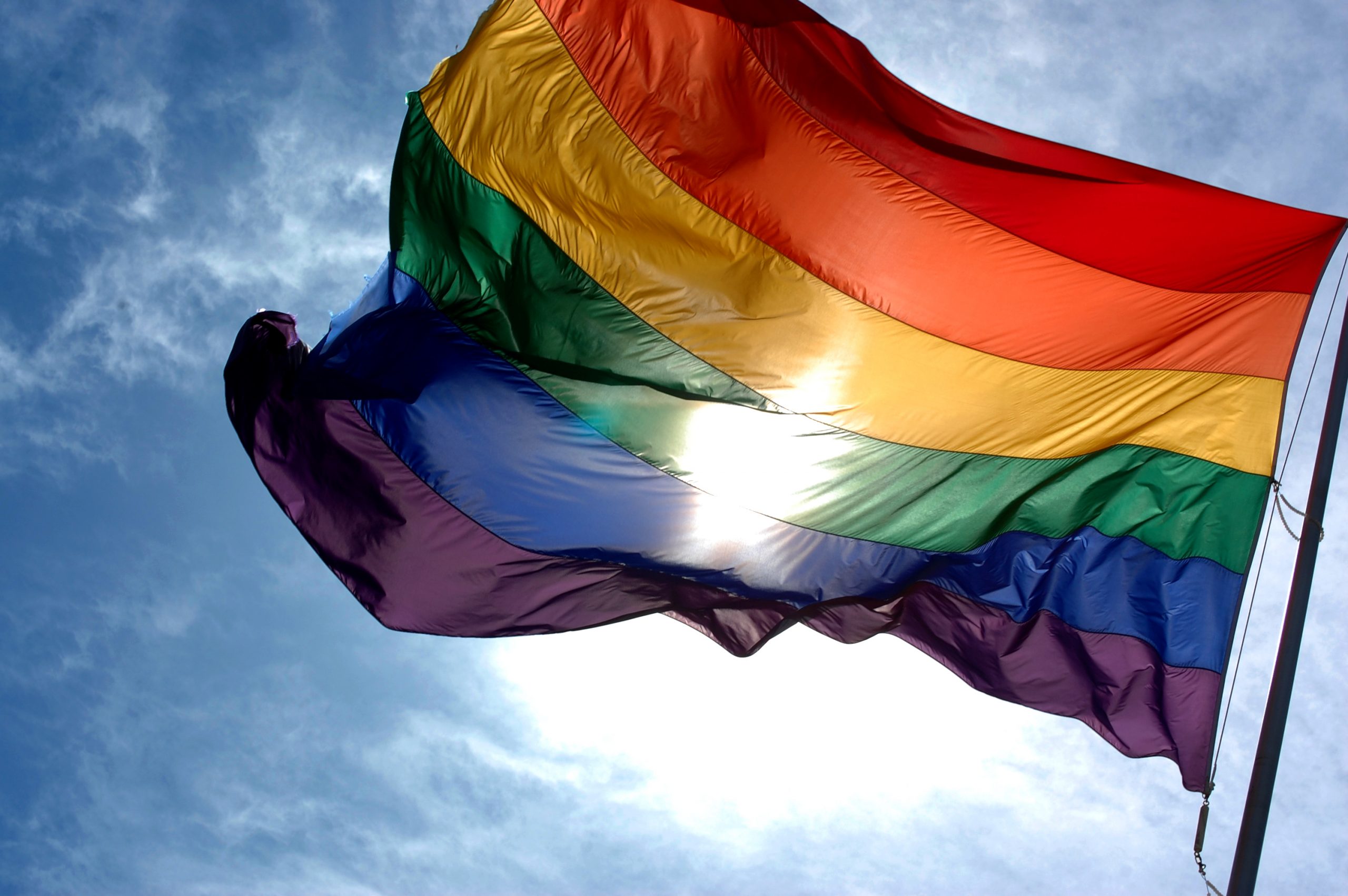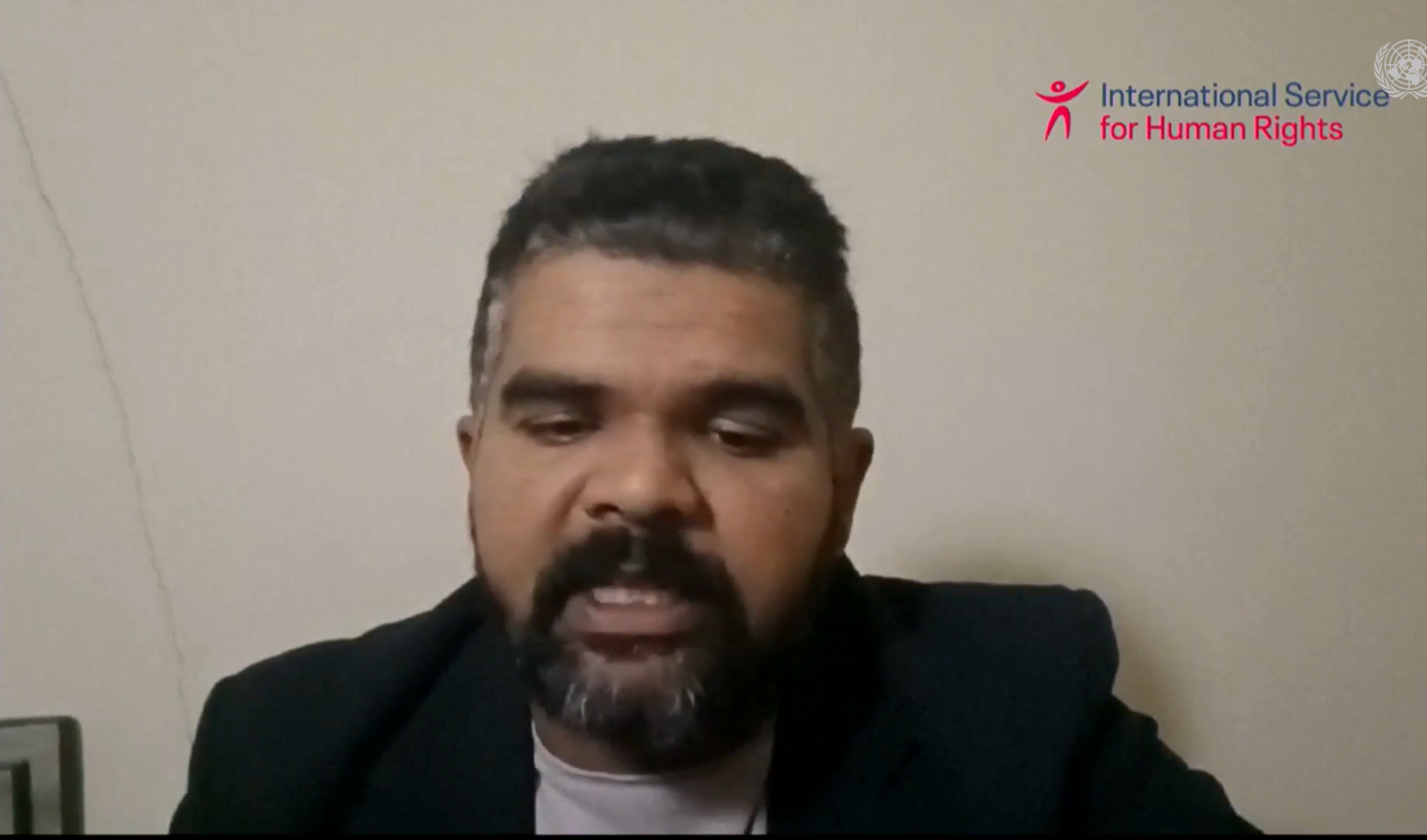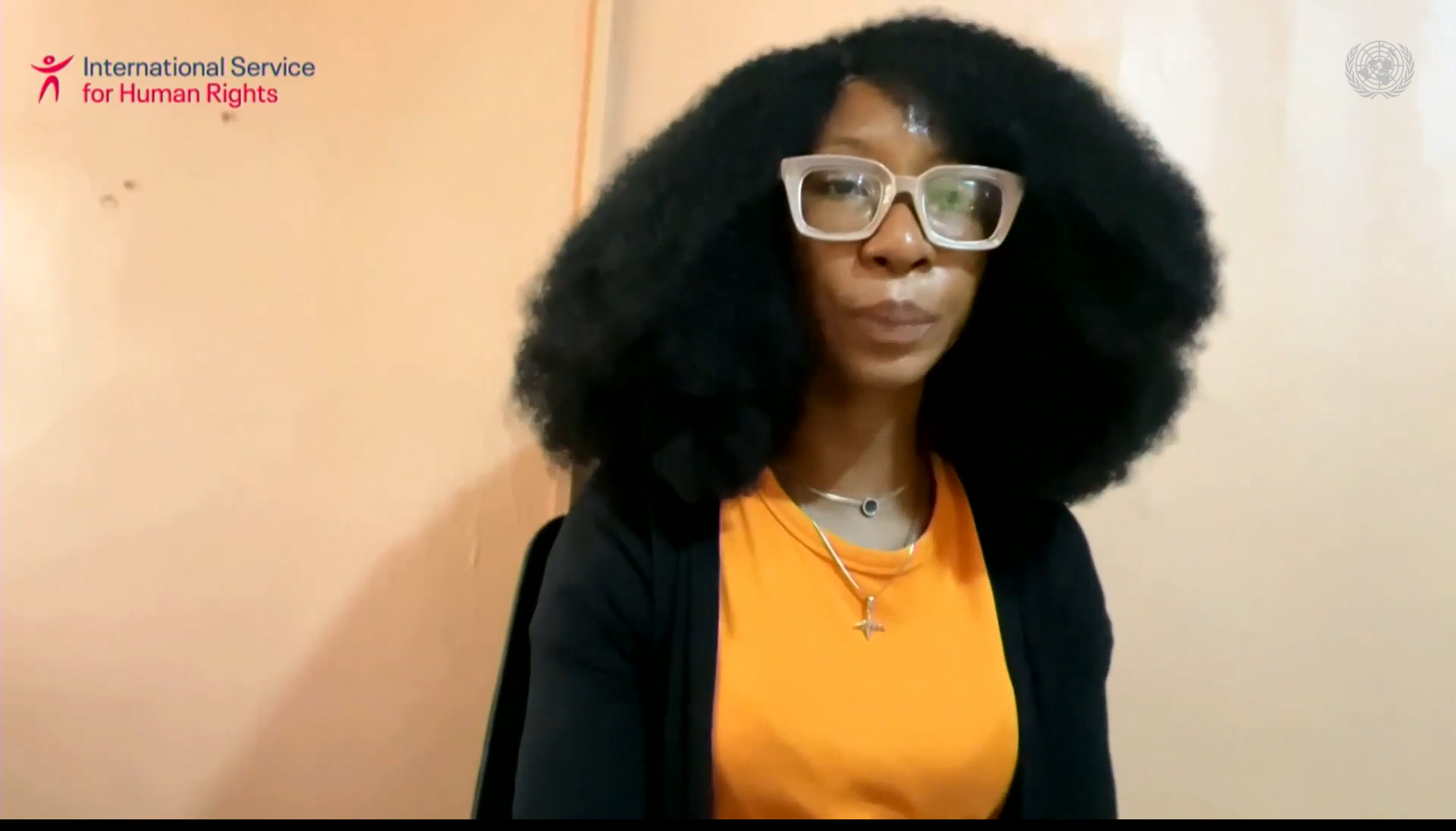ISHR joined 12 civil society organisations in expressing concern about the dangerous and violent outcomes which are imminent for the LGBTI community in light of recent Anti-LGBTI draft bill discussions.
In addition to the criminalization of same-sex relations, the proposed bill promotes unnecessary medical interventions on intersex children, and conversion therapies, and seeks to restrict human rights defenders from promoting human rights by enabling the State to “prevent human rights defenders from organising themselves to defend LGBTI people and absolutely prohibits public debates that enhance the protection or promotion of the rights of LGBTI persons.”[1]
In doing so, the bill not only criminalises LGBTI persons but anyone who supports their human rights. Defenders registering, operating or participating in an activity to support an organisation working on LGBTI people’s rights could face up to 10 years of imprisonment. ‘This bill is a clear violation of international human rights instruments including the UN Declaration on Human Rights Defenders, as well as the International Covenant on Civil and Political Rights. Discussions of the bill alone have led to a spike in violence against LGBTI persons; its adoption would only worsen the situation, and further legitimise the violence. In this regard, we welcome the joint action by eleven Special Procedures framing the bill as ‘a recipe for violence’[2]. said ISHR’s Tess McEvoy.
The statement urged the Ghanaian Government to take all measures to protect LGBTI persons from violence and discrimination and refrain from adopting any law that would violate the human rights of this community, and those who defend their rights. It also noted the role the Council, its members and the High Commissioner for Human Rights has to play.
One year after the first ever joint statement calling for the Human Rights Council to protect intersex persons right to health and bodily autonomy, momentum continues as 52 States called on the Council to take clear and definitive action to mitigate ongoing discrimination and violence faced by intersex persons.
The statement urges the Council to acknowledge that intersex persons are uniqly vulnerable to descrimination, as well as consensual, irreversible medical interventions. The 52 States emphasized the human rights violations faced by Intersex persons extend into many areas of life and access to public services, and that subsequent and definitive action must be taken in order to protect their rights.
While 76 civil society organisations welcomed the State initiative, they clearly highlighted that more needs to be done. ‘Unless immediate action is taken, severe human rights violations against intersex people will prevail and continue. This Council needs to send a strong message that such practices are in violation of international human rights norms, and must not be tolerated,’ their statement read.
These actions at the Council call attention to the plethora and nuance of human rights abuses faced by LGBTI persons, and bring attention to action which must be taken by the Human Rights Council and stakeholders to mitigate them.
Read the full statement here.
[1-2] OHCHR: Ghana: Anti-LGBTI draft bill a “recipe for violence” – UN experts.




